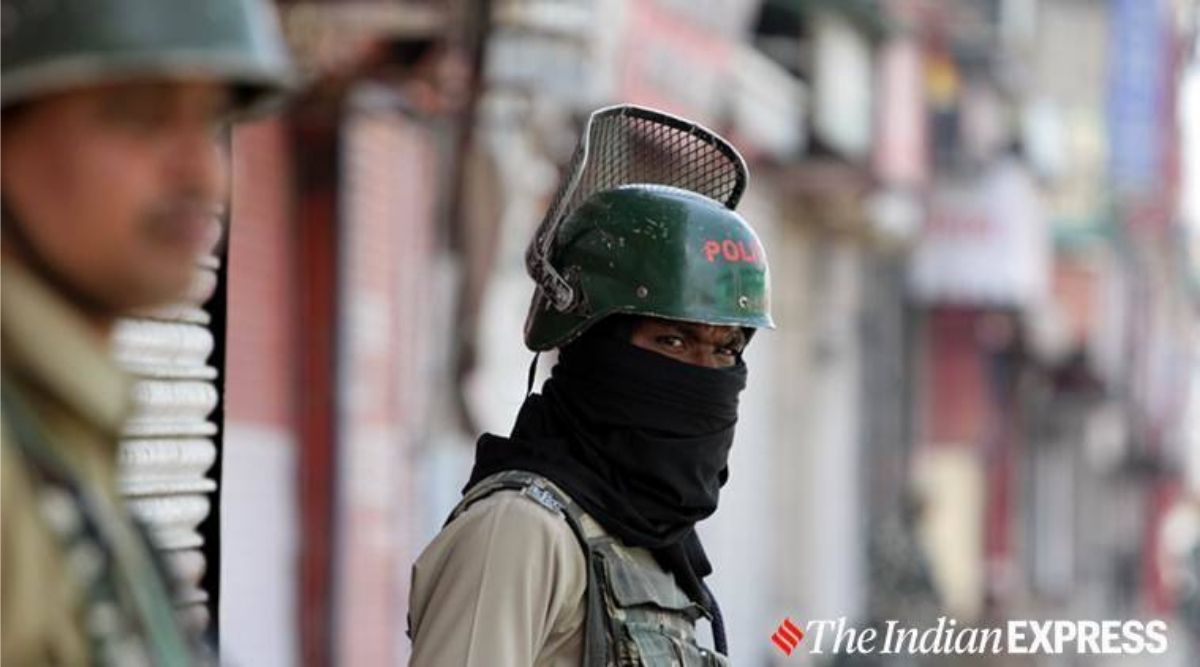 After thousands of arrests under draconian laws such as the Unlawful Activities and Prevention of Terrorism Act and the Public Security Act over the last three years, the government is no closer to making friends with the people in Kashmir.
After thousands of arrests under draconian laws such as the Unlawful Activities and Prevention of Terrorism Act and the Public Security Act over the last three years, the government is no closer to making friends with the people in Kashmir. Counter-insurgency operations are usually understood to target weapon wielding militants, their organisations and their leaders. As reported in this newspaper, in Kashmir, where the sweeping changes of 2019 have failed to end the militancy, COIN operations appear to have changed tack to fold in an increasingly wider swathe of the population. They now cover funders and financiers, and “overground workers”, a term that was recently used at an Army-organised seminar at Srinagar’s Badami Bagh garrison, as a description that fit young and old, man or woman, scholars, doctors, teachers, businessmen, lawyers, and anyone else “from gunners to runners”. Now it is not just the police, the army and the paramilitaries but a plethora of other organisations such as the Enforcement Directorate, and others included in the Terror Monitoring Group such as the two Central Boards dealing with direct and indirect taxes and customs. On the face of it, a case can be made that instead of focusing on the numbers of “kills” of militants, which may end up pushing more young people to take up arms and declare war against the Indian state, focusing on breaking their networks, whether financial, logistical or ideological, is a more intelligent way of dealing with an insurgency. Far too many recent encounters have led to the killings of barely adult teenagers with no training and armed with nothing more than a pistol. Instead, if a crackdown on those who give them money and shelter, and other types of support can lead to arrests and save lives, this new approach may even win community support.
However, the danger in the ever-widening definition of overground workers is that it can end up profiling or labelling an entire population as such, and lead back to the same undesirable result — alienation and a simmering militancy. After thousands of arrests under draconian laws such as the Unlawful Activities and Prevention of Terrorism Act and the Public Security Act over the last three years, the government is no closer to making friends with the people in Kashmir. Add the new rules of conduct for government employees, and several dismissals under constitutional provisions that require no reason to be given, a muzzled press, the barring of dissent to the extent that even the police force says its actions must not be questioned, this feels more like the hatchet arm of a security state bent on othering the people of the Valley.
This heavily securitised approach to bringing back “normalcy” and zero community outreach, the continuing absence of a political process with restrictions on the movement and activities of the former state’s political leadership even as the rest of the country is forever in election mode has only served to emphasise the difference.
- The Indian Express website has been rated GREEN for its credibility and trustworthiness by Newsguard, a global service that rates news sources for their journalistic standards.

